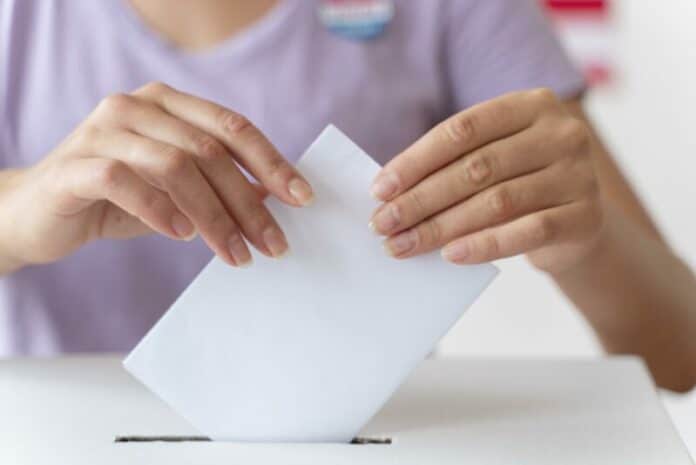Financial markets do not like surprises and uncertainty, which accompany virtually every election period, irrespective of the differences between parties in polls. The more individual factions and politicians engage in various sectors of economic life, the more turbulence occurs in the financial markets – before the elections, the day after, and soon after they end.
In less than two weeks, Poles will go to the polls and elect 460 deputies to the Sejm and 100 representatives in the Senate. We will find out on Sunday, October 15th (or potentially Monday morning) which party will win the most seats and the leader whose party will be tasked with creating a new government.
Among Polish investors there is uncertainty resulting from the weak stock exchange quotations observed for months. They wonder whether this is the end of the bull market and the beginning of a bear market or just a correction. Apart from turbulence in global markets – the struggle with inflation, the economic cycle, and monetary policy – the results of the parliamentary elections in Poland will also be decisive. Will there be a change in the political scene?
What to invest in uncertain times and how to secure your capital?
Not so long ago, the economy was developing almost without interruption. This also translated into a decidedly simpler analysis of the future and the risk of specific investments. Unfortunately, everything has been upset by the pandemic, and later the war across the eastern border. These events have affected feelings of threat and destabilization. Running activities under such conditions is often impossible, and at best hampered, which affects the results achieved. Investors often aim to limit risk (risk-off), which is associated with a massive outflow of capital from threatened markets at critical moments. Elections and the uncertainty associated with their result are part of the life of every investor. These events occur cyclically, every few years – it’s usually hard to predict their outcome and consequences of the changes brought about, no matter which faction wins, so here it’s better to rely on one’s intuition.
It is worth noting that every investment decision should be tailored to investment objectives and the investment period. Uncertain times can be difficult, but they can also create investment opportunities for those who manage their portfolios well.
ETF funds, which allow you to easily buy a diversified basket of investments at low costs, may be an appropriate investment for many individual clients. For a multitude of investors, this is an optimal product, which is currently quite popular, as long-term investments allow you to protect funds against increasing inflation, and over long periods of time, enable price averaging and reduction of losses in periods of weaker economy.
Additionally, the high diversification characterizing passive ETF funds reduces the risk of capital loss compared to buying individual stocks.
The approach to investing can differ, depending on preferences and the time an investor is able to devote to market analysis. For those who like to invest actively, monitor analyses and spend weekends studying opportunities – investing on the stock exchange in specific stocks or bonds may be ideal. For those who prefer an “automatic approach”, platforms like Fondee have been created. These create a diversified portfolio of ETFs tailored to the investor’s risk level and also regularly rebalance the portfolio, allowing for optimal investment efficiency.
The author of this article is Jan Hlavsa, CEO of Fondee.


















